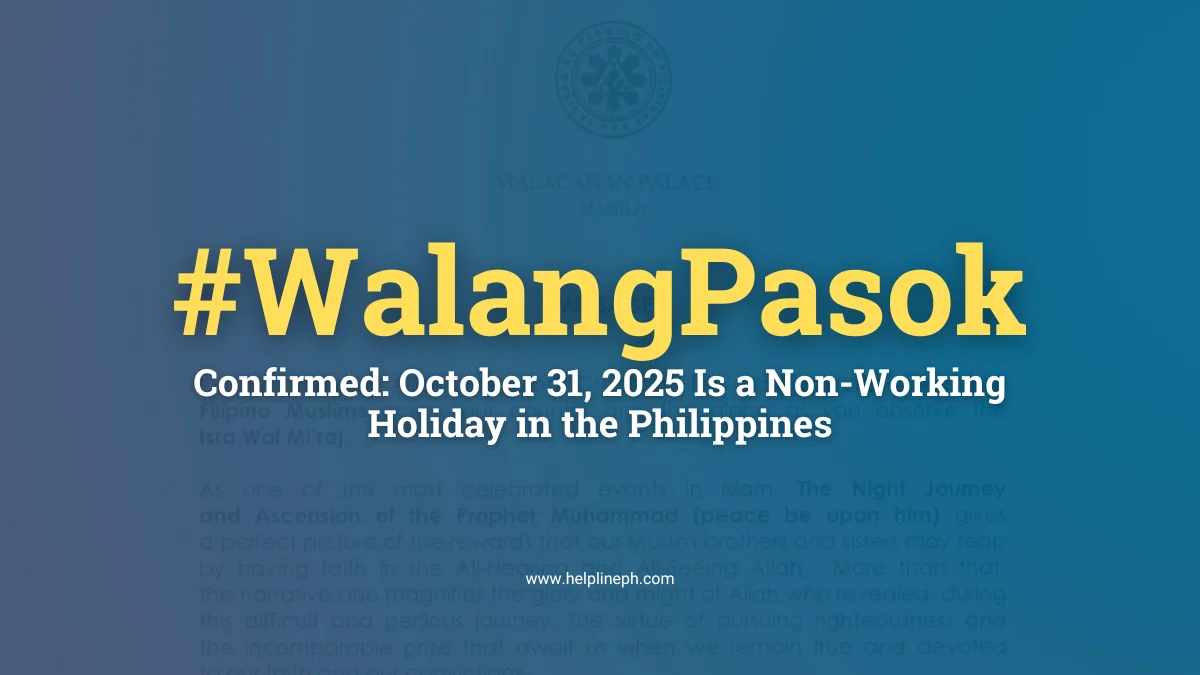The teachers minimum wage in the Philippines has long been a serious issue. Public school teachers are overworked and underpaid. Most handle around 50 students per class, and yet they earn salaries that barely cover their basic needs. House Bill 203, refiled in July 2025, proposes to increase the public school teachers salary to ₱50,000 per month. This move could bring real change to the education system and improve the lives of thousands of teachers and their families.
A Quick Look at House Bill 203
House Bill 203 was filed by lawmakers from the Makabayan bloc, with ACT Teachers party-list Rep. Antonio Tinio leading the group. The goal is clear: raise the teachers minimum wage Philippines to ₱50,000 per month. This amount matches Salary Grade 15 under the Salary Standardization Law.
Lawmakers say this bill is one of their top priorities in the 20th Congress. They believe the current salary scale fails to give public school teachers a decent standard of living.
The Problem with the Current Pay
As of now, a public school teacher at Salary Grade 11, Step 1, earns about ₱30,024 per month. But for a family of five, the needed living wage is around ₱36,510. That means many teachers are forced to borrow money, take side jobs, or live with financial stress.
Can we really expect our educators to give their best when they struggle to survive?
Why ₱50,000 Matters
Raising the minimum wage to ₱50,000 does not just help teachers — it helps students too. When teachers earn enough to live comfortably, they can focus better, avoid burnout, and give quality education.
Here’s how ₱50,000 can help:
- Better Quality of Life: Teachers can afford proper housing, food, health care, and education for their own kids.
- Increased Motivation: A decent wage boosts morale and encourages teachers to stay in the profession.
- Reduced Brain Drain: Higher pay means fewer teachers leaving to work abroad.
- Improved Education: Happier teachers lead to better student performance.
A Teacher’s Daily Struggle
Let me tell you about my cousin, Anna. She’s been a public school teacher in Bulacan for 12 years. She wakes up at 4 AM, travels over an hour to school, and teaches seven classes a day — around 50 students per class. Despite her hard work, she still has to take tutoring jobs on weekends just to make ends meet.
She told me once, “It feels like we are punished for choosing to teach.”
Anna’s story isn’t rare. Many teachers across the Philippines face the same struggle.
More Than Just a Salary Increase
Some critics argue that the government can’t afford this salary raise. But think of it this way: investing in education is not an expense — it’s a smart move. The better we treat our teachers, the better our students will perform. And better-educated students will grow into productive adults who help the country grow.
The money spent now will return in the form of economic progress.
The Role of Government
Raising the public school teachers salary should be a government priority. After all, teachers shape the future. The government must make sure teachers don’t have to choose between passion and survival.
House Bill 203 sends a strong message: we value our teachers.
Where Will the Funds Come From?
One common question is, where will the government get the money?
Supporters of House Bill 203 suggest:
- Reviewing and reallocating the national budget.
- Cutting unnecessary expenses.
- Increasing education spending as part of the national development plan.
It’s not easy, but it’s possible. Other countries have done it — so can we.
Teachers Are Nation Builders
Think about your favorite teacher. Maybe they inspired you or helped you during a hard time. That teacher helped shape your future.
Now imagine a whole generation of teachers who are valued, paid well, and motivated. That’s what House Bill 203 aims to create.
Public Support Is Key
Change won’t happen without public support. If you care about the future of education, speak up. Support House Bill 203. Share your thoughts on social media. Talk to your local leaders. The more voices behind this bill, the better chance it has of becoming law.
Final Thoughts
The teachers minimum wage Philippines issue isn’t just about numbers. It’s about people — about the hardworking educators who shape minds every day. House Bill 203 is not just a pay raise. It’s a chance to fix a long-standing problem, show respect to our teachers, and make the future brighter for the next generation.
Frequently Asked Questions (FAQs)
What is House Bill 203 about?
House Bill 203 proposes to increase the minimum salary of public school teachers in the Philippines to ₱50,000 per month.
Who filed House Bill 203?
The Makabayan bloc, led by ACT Teachers party-list Rep. Antonio Tinio.
How much do public school teachers currently earn?
Most teachers earn around ₱30,024 per month under Salary Grade 11.
Why is ₱50,000 being proposed?
To match the living wage of a family of five and ensure teachers can live decently.
How will the government fund this salary increase?
By reallocating parts of the national budget and prioritizing education spending.
What are the benefits of this salary hike?
Better teacher morale, reduced brain drain, improved education quality, and economic growth.






